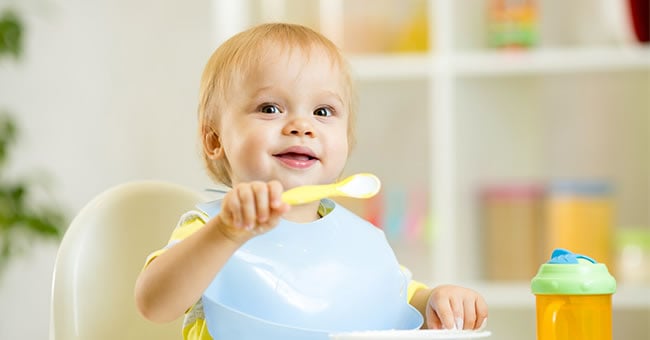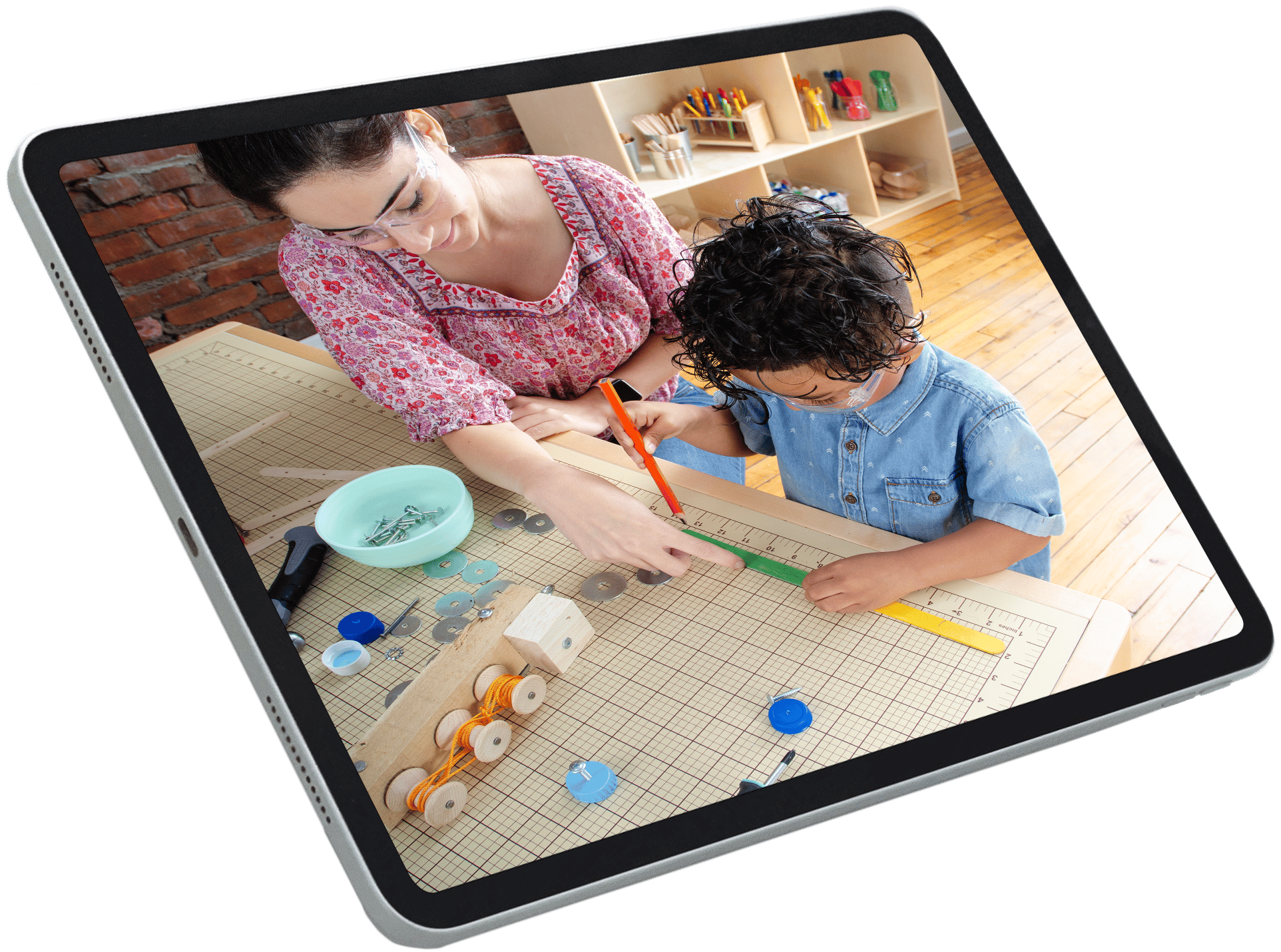
From morning routines to workout routines, our lives as adults are filled with everyday routines that help keep us on schedule. Children also need to have predictable routines that have room for flexibility, especially infants and toddlers. Here are three main reasons why routines for mealtime, nap time, playtime, bedtime, cuddle time, etc. are important for infants and toddlers:
1. Routines give infants and toddlers a sense of security and stability.
Routines help infants and toddlers feel safe and secure in their environment. Young children gain an understanding of everyday events and procedures and learn what is expected of them as routines make their environment more predictable. Routines can also help infants and toddlers become more trusting of you as a caretaker if their routines are effective and they feel comfortable in the environment.
2. Routines influence infants and toddlers' social, emotional, and cognitive development.
Infants and toddlers who have effective routines are often more engaged with their environment and the people around them. Young children learn to anticipate changes in routines, and they slowly become more independent as they learn what each routine entails. If routines are predictable, have appropriate transition cues, and have room for flexibility, routines will also help reduce challenging behaviors (tantrums, hitting, biting, etc.) in infants and toddlers and in older children.
3. Everyday routines can be used as teachable moments.
Everyday routines are full of learning opportunities for young children. For example, you can start teaching children the importance of washing their hands before eating or the importance of brushing their teeth. You can also use these everyday routines as opportunities to talk with young children and help them develop their communication skills.
Be sure to browse our Infant and Toddler section of the website for a variety of furniture, supplies, and educational materials you can use to help infants and toddlers explore and learn safely.
